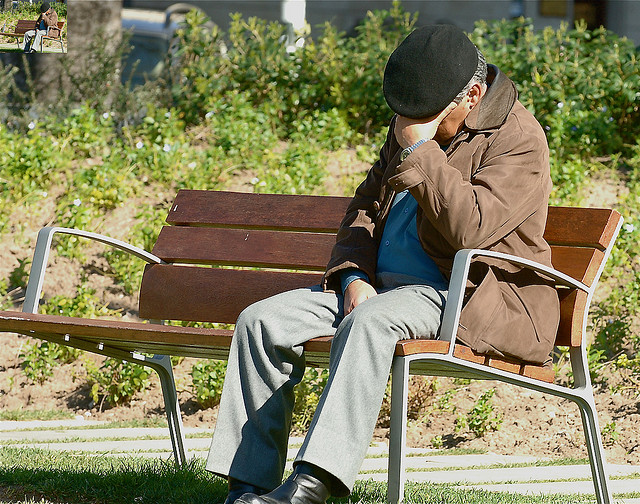Addictions come in many forms. Although many people might think of them as being addicted to substances such as alcohol and other drugs, there are many other things that people can develop addictions to. Some people become addicted to habits, such as gambling, sex and love, and even using the internet. However, alcohol and drug addictions are the ones that people most often recognize, and people from all walks of life can develop them. These addictions often come with a great deal of stigma, and it can be difficult to battle against them when you have both yourself and the opinions of others to combat. If you or someone you know is struggling with addiction, read this guide to find out how to start getting help.
Facing the Problem
People often say that the first step, as well as the hardest, to treating a drug or alcohol dependency is admitting that you have a problem. It may be particularly difficult when you have a problem with alcohol, as it’s something that many people often drink with no problems, unlike harder drugs. It can be easy to spend a long time waving away an alcohol issue with a variety of excuses. But there are several indicators that will help you to realize whether you have a problem. If you always feel like you need to have a drink or your drinking gets you into trouble, you might be too dependent on alcohol. You might also have had friends and family express concerns about your drinking. Although you may have felt like they were butting in where they weren’t wanted, it’s important that you try and listen and consider whether they have a point.
Addictions to other drugs are perhaps easier for people to recognize, but that doesn’t make the problem any easier to face. Drug addiction can affect your life in many negative ways, having effects on your relationships, your career, and your finances. Both alcohol and drug addictions can make people do desperate things, which they regret doing. If you know someone who you think has an addiction, you can try to talk to them and convince them to get help. However, you should know that it’s ultimately up to them to seek help, and you can’t force them into it.
Making the First Step
If you or someone you know has decided to get help, you first need to see a medical professional to talk to someone about your problem. A good initial step is visiting your family doctor to talk to them about what to do next. They can advise you on how to start and make sure you don’t do anything that could hurt you even further. For example, if your body is dependent on alcohol, it might be a bad idea to stop suddenly. Doing so can cause your body to go into withdrawal and make you ill.
You might be referred to a rehabilitation program for alcohol and drug addiction treatment. The treatment could involve many things at first, including medication to help you cope with removing the toxin from your body. For example, if you are alcohol dependent you might receive a medicine such as chlordiazepoxide, and a heroin addict might start using methadone as a substitute. These medications help to make the process of detoxing easier on the body and mind.
When you’re looking at treatment options, remember that there is no method that’s right for everyone. Some people will do well in a rehab environment while others would prefer to attend outpatient meetings. Some quit the substance they are addicted to cold turkey while others need to wean themselves slowly off by taking some medication. You should look at different options before you make a decision, instead of jumping at the first opportunity you find.
Getting Treatment
Once you’ve decided on your method of treatment, you should make sure that it’s doing several things. For starters, it should address more than just your addiction. It’s very rare that a substance addiction exists in isolation, so you should make sure you’re addressing other things in your life too. These might be your childhood, your relationships or the way that you deal with your emotions. You should be caring for physical health, as well as your mental health. Addiction affects you and the people around you in many ways, so you need to deal with it in various ways too.
Whichever methods you choose to help you overcome your addiction, it’s important that you make a long term commitment. Although it’s natural to struggle and even to make mistakes, you need to commit to your recovery long term. The treatment program you choose might last only a matter of weeks, but your recovery should last a lifetime.
Support
No one can do everything alone, and reaching out to people for support during your recovery is crucial. You might feel like this is hard to do and that you have no one, but you can find that friends and family are ready and willing to help you. If you know someone who is is trying to recover from addiction, you can make it easier for them by offering your assistance. Even if they have betrayed you or made you unhappy in the past, you can learn to forgive them and help them on their journey.
It’s not just friends and family who can help you. Some people genuinely find themselves without either, but even if you have them you can access other support networks. For example, many people choose to go to Alcoholics or Narcotics Anonymous. Programs such as these give you the chance to discuss your experiences and feelings with people who have experienced similar things. Another worry is that your friends from before may have been ones with whom you drank or took drugs. If this is the case, you can consider building a sober social network to help you avoid temptation. It’s difficult to change your addiction if you don’t also alter the rest of your lifestyle.




